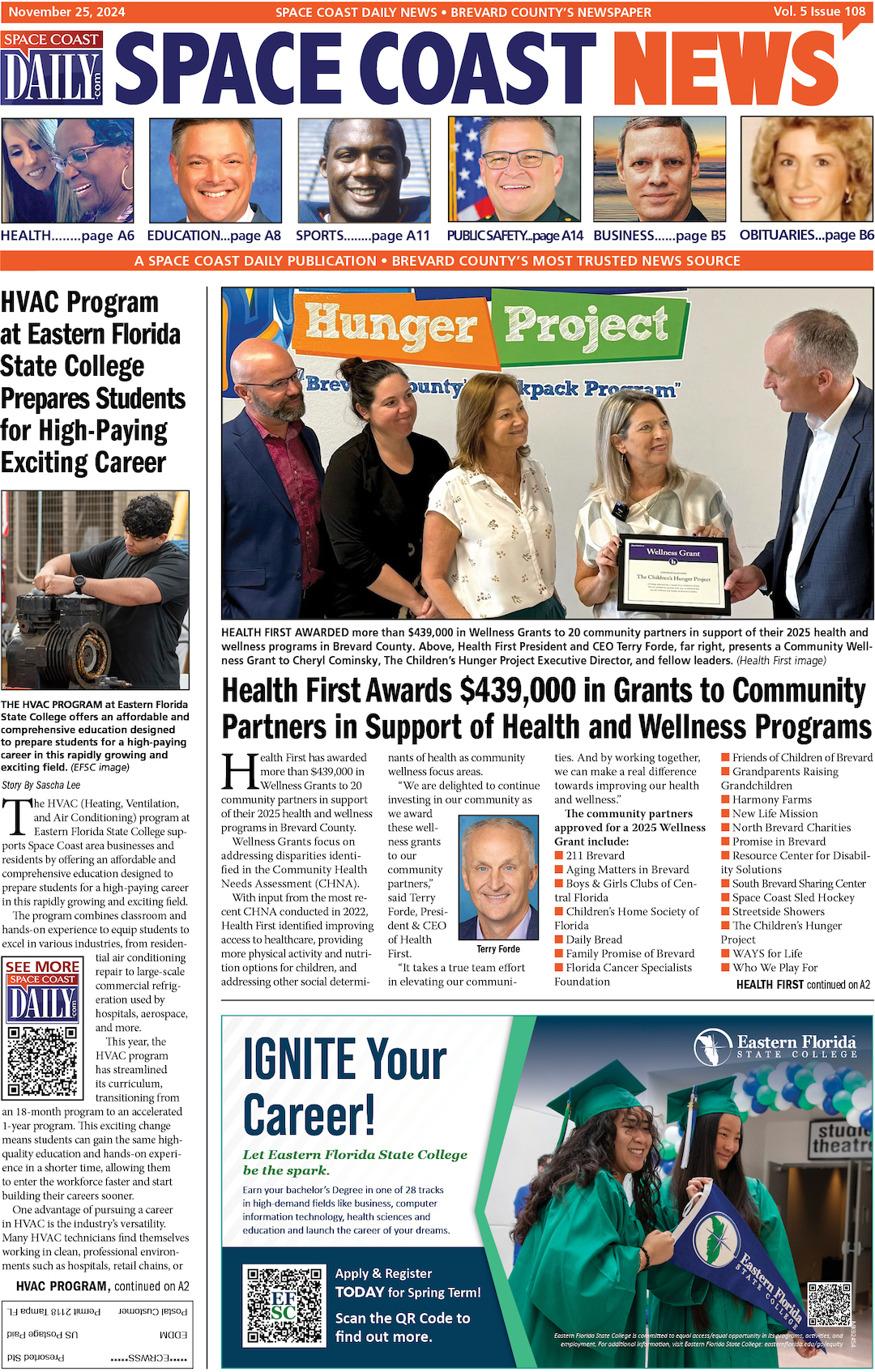How I Ditched Debt: Money Under 30
By Space Coast Daily // June 20, 2023

Debt can be a huge burden; it can hold us back from our dreams and prevent us from taking the necessary steps to financial freedom.
I know this firsthand, as I was once in debt myself. But with some hard work and dedication, I was able to successfully ditch my debt for good.
In this article, I’ll share how I managed to do so: Money Under 30’s ‘How I Ditched Debt’ guide provides all the tips and tricks you need to get started on your own journey towards becoming debt-free!
Read on to find out how easy it is—you don’t want to miss it.
Creating A Debt Repayment Plan
Getting out of debt can seem like a daunting task. But by breaking it down into manageable steps and creating a plan, you will be able to pay off your debts faster than if you just kept paying the minimum every month.
The first step is to list all of your debts – this includes any credit cards, student loans, or other personal loans that you have taken on. Once you know exactly how much money you owe, then it’s time to figure out how much money you need to allocate each month towards repayment.
You should prioritize paying off higher-interest debts with borrow money app no credit check first, starting with the highest-interest-rate loan and moving down from there. Calculate how long it would take for you to completely pay off the amount owed at the current minimum payments and compare that against what it would look like if you increased those payments by even small amounts. This will give you an idea of what kind of timeline you’re looking at when trying to become debt free.
From here, create a budget that will allow for extra payments toward these debts in order to reach them sooner as opposed to later.
Making Financial Sacrifices
Having a debt repayment plan in place is an essential step to getting out of debt. Knowing exactly how you will tackle your existing debts can help provide clarity and direction as you take steps toward financial freedom.
It’s important, however, to be aware that creating this kind of plan also involves some sacrifices. Making financial sacrifices may involve reducing certain expenses or foregoing them together for the time being.
This could include cutting back on eating out, decreasing entertainment spending, postponing vacations, and more. In order to make progress on paying off your debts quickly, it’s likely that you’ll need to consider such decisions so that more of your money can go towards eliminating what you owe rather than simply continuing with your current lifestyle and patterns of consumption.
Though difficult at times, having a clear goal in mind – becoming free from debt – should motivate you to continue making these choices until their positive impacts are realized. Making smart financial decisions now will serve you well into the future when it comes time to build an emergency fund or other savings goals.
Building An Emergency Fund
The weight of debt can be crushing. It’s a heavy burden that feels like it’s never going to lift, and the stress it causes can take its toll on your life. But taking steps to pay off what you owe doesn’t have to be so overwhelming – it starts with building an emergency fund.
Starting small is key when creating an emergency fund; even if you’re only able to save $10 or $20 per month right now, every bit helps. Make sure this money goes into a separate savings account from where you normally keep your funds; having clearly designated accounts for specific purposes will help ensure you don’t accidentally spend the money set aside for emergencies.
Plus, many banks offer higher interest rates for certain types of savings accounts, allowing you to build your balance faster over time.
Once your emergency fund has been established and is growing steadily, aim to increase how much you put away each month gradually, as well as make additional payments towards any debts whenever possible. A good rule of thumb is always to try to have at least three months’ worth of living expenses saved up in case something unexpected happens down the road.
With dedication and patience, soon enough, you’ll find yourself free from financial worry!
Conclusion
I’m proud that I made the decision to ditch my debt. It took hard work and dedication, but it was worth it in the end.
Not only did I pay off all of my debts, but I also created a plan for managing my money better going forward.
By following these three steps – creating a repayment plan, making financial sacrifices, and building an emergency fund -, I was able to get out of debt quickly.
And now that I have more control over my finances, I can focus on other goals like saving for retirement or investing in property.












